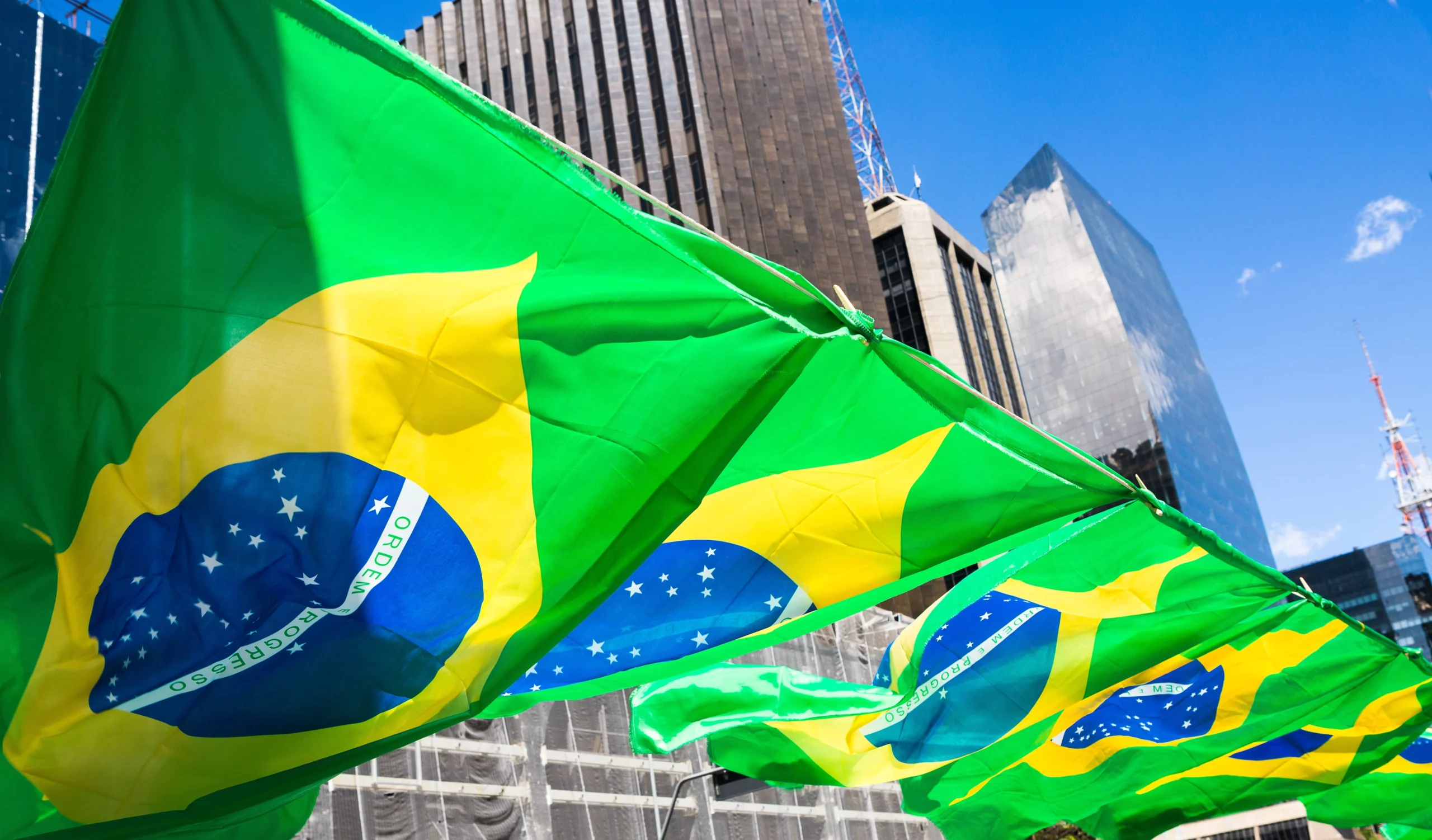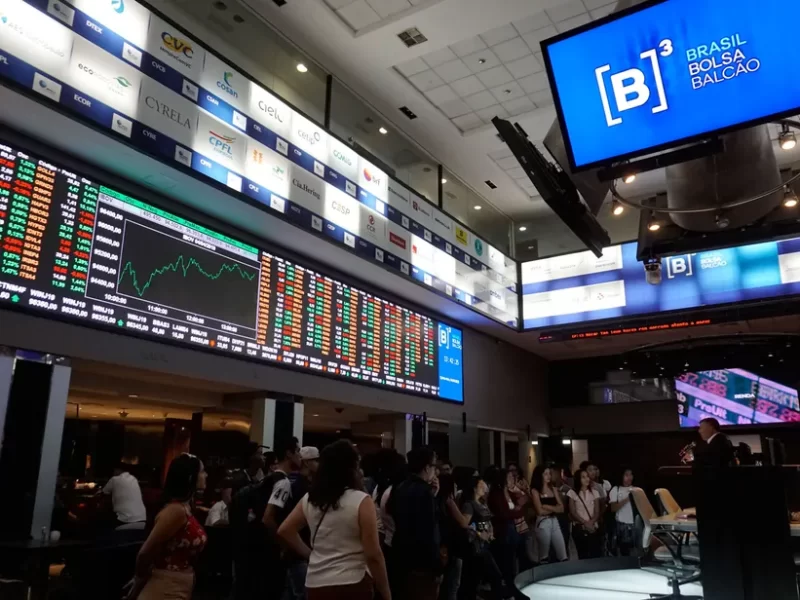(Analysis) Brazil occupies a central role in the growing rivalry between the United States and China. As a major regional power, Brazil must carefully navigate its relationship with both global giants. This delicate balancing act shapes Brazil’s economic and diplomatic strategies on the global stage.
Trade figures highlight Brazil’s complex position. China remains Brazil’s largest trading partner, with bilateral trade reaching $181.53 billion in 2023. The United States holds second place, with total trade of nearly $75 billion that same year. These figures underscore Brazil’s economic ties to both nations.
Brazilian exports to China are concentrated in commodities such as soybeans, iron ore and oil. In contrast, trade with the US involves more high-value manufactured goods. This change in trade patterns affects Brazil’s economic decisions and foreign policy choices.


Investment flows add another layer to this complicated relationship. The US remains the leading provider of foreign direct investment in Brazil. US FDI reached almost $200 billion in 2022, dwarfing Chinese investment. However, China’s growing interest in the Brazilian infrastructure and energy sectors cannot be ignored.
Brazil’s leadership aims to maintain strategic autonomy amid these competing influences. They follow a policy of non-engagement, engaging with both powers based on specific interests. This approach allows Brazil to maximize the benefits of its relations with the US and China.
Samba between giants, Brazil dances with the USA and China
The country also seeks to use its position to protect the interests of developing countries. Brazil sees its ties with China as an opportunity to shape global governance. However, it remains cautious about fully aligning itself with Beijing’s vision of a new world order.
Challenges arise as Brazil walks this tightrope. Technology and security concerns create friction, especially regarding 5G networks and Huawei devices. US pressures Brazil to limit Chinese involvement in sensitive sectors. Meanwhile, China offers tempting investment opportunities in the same areas.
Economic dependence worries Brazilian analysts. The unbalanced nature of trade with China raises concerns about the long-term consequences. Brazil actively seeks to diversify its partnerships to mitigate potential risks associated with over-reliance on any single partner.
Chinese state-owned giants expand their grip on Brazil’s energy and infrastructure
Diplomatic pressure mounts as the US and China view Brazil as a key ally. The South American nation faces growing calls to take sides on global issues. However, Brazil’s leadership remains committed to charting an independent course in foreign affairs.
Looking ahead, Brazil envisions a multipolar world order where it plays a more important role. This vision aligns with Chinese rhetoric, but may conflict with US interests in maintaining global leadership. Brazil sees potential benefits in the ongoing rivalry, particularly in food production and energy exports.
Regional leadership remains crucial to Brazil’s strategy. A strong position in South America could provide greater leverage in relations with both superpowers. Brazil aims to consolidate its influence in the region to strengthen its global position.
However, Lula’s inconsistent stance on democracy weakened Brazil’s credibility as a regional broker. His silence on the Venezuelan dictatorship contrasted with his criticism of Israel’s actions in Gaza. This contradictory approach cast doubt on Brazil’s ability to effectively influence regional or international conflicts under the current leadership.
Moreover, Brazil’s traditional stronghold in South American trade has weakened significantly as China strengthens its position across the region. Brazilian exports to eight key South American markets fell from 13.2% to 11% market share, while China’s presence increased from 22.1% to 23.4%.
As the US-China rivalry evolves, so will Brazil’s approach. The country’s ability to maintain beneficial relations with both powers while maintaining its autonomy will shape its future. Brazil’s success in this balancing act may well determine its place in the emerging global order.



